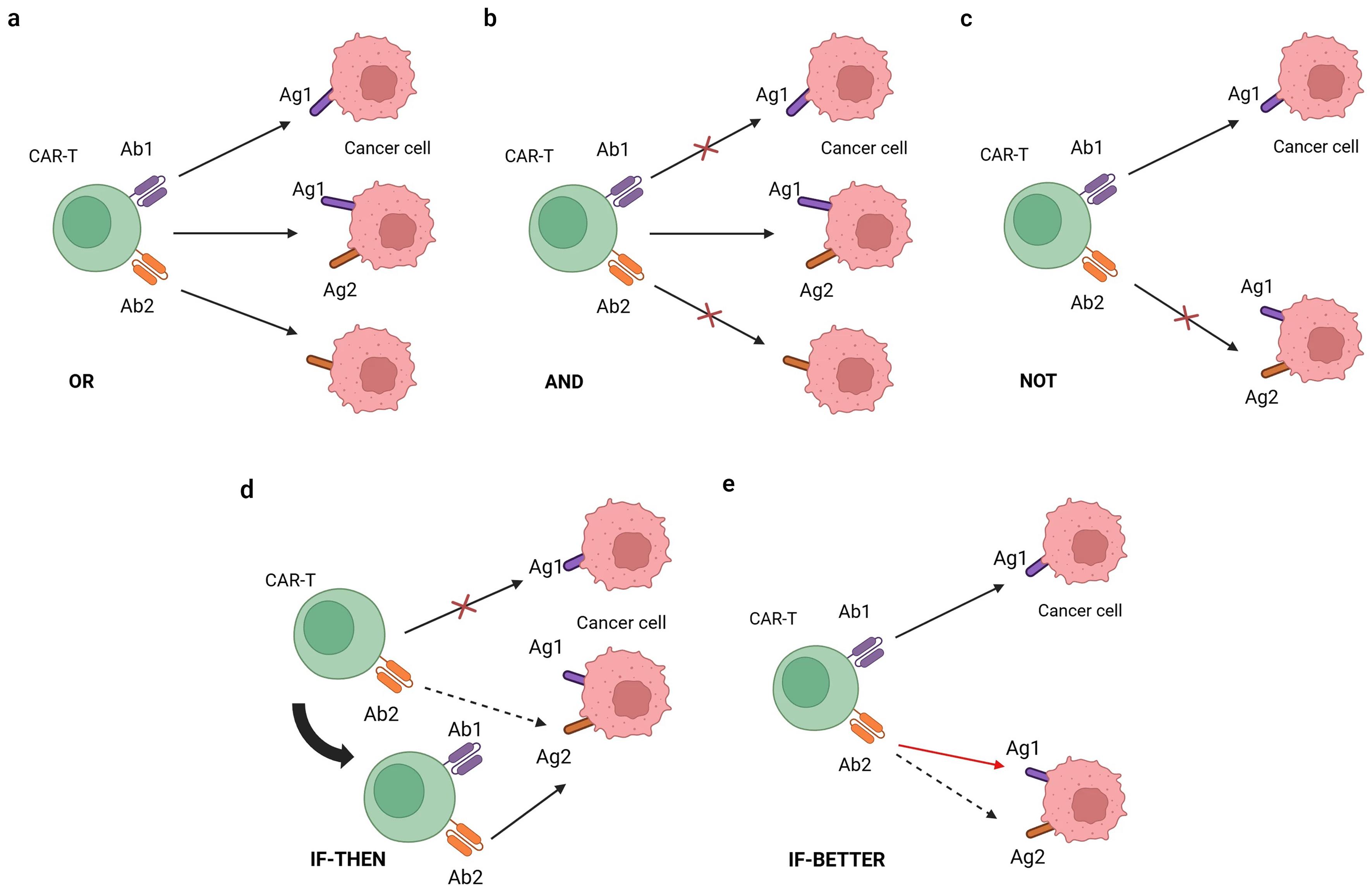For over 150 years, scientists and clinicians have been attempting to fight against cancers by utilizing the immune system. In 1866, Wilhelm Busch and Friedrich Fehleisen first discovered that acute inflammation could cause a significant decrease in tumor size. In the 1980s, the “father of immunotherapy”, William Coley attempted to treat tumors by injecting extracts of bacteria to stimulate patients’ immune systems, which was referred to as “Coley toxin” and has been demonstrated to be effective against several types of cancer. In the mid-1970s, it was claimed that immune-stimulating cytokines might reverse the immunosuppression of cancer. The recombinant alpha interferon (IFNα2b) and high-dose interleukin-2 (IL-2) were approved by the FDA for treating hairy cell leukemia in 1986 and metastatic renal cell carcinoma (RCC) in 1992, respectively. However, severe adverse effects were found in clinics. In the 1990s, James P. Allison observed that cytotoxic T-lymphocyte-associated protein 4 (CTLA-4) functions as a brake on T-cell-mediated immune response. Programmed death 1(PD-1) and its ligand PD-L1 were also identified and proven to regulate cancer immunity. The promising outcomes of clinical trials have led to the approval of anti-CTLA-4, anti-PD-1, and anti-PD-L1 antibody blockade therapies. Since 2011, there have been over 83 FDA-approved indications of ICIs in over 17 types of cancers and over 2000 clinical trials in development with checkpoints. In 2008, the Fred Hutchison Cancer Research Center published the first clinical trial that confirmed the safety and effectiveness of chimeric antigen receptor (CAR) T-cell therapy in treating B-cell lymphomas. Until 2017, Novartis' tisagenlecleucel-T (Kymriah) and Kite/Gilead's axicabtagene ciloleucel (Yescarta) were approved by FDA for the treatment of relapsed or refractory AML and lymphomas. Currently, over 20 clinical trials are investigating the efficacy and safety of CAR-NK therapies in cancer.
Immunotherapies, including ICIs, cytokines treatment, tumor vaccines, oncolytic viruses, CAR-T/NK, and others, are known as the fourth pillar of cancer treatment after surgery, radiation therapy, and chemotherapy. The emergence of tumor immunotherapy has greatly revolutionized the cancer treatment.
Review Article

|
Dual Challenges and Innovative Strategies in Chimeric Antigen Receptor T-cell Therapy for Glioblastoma
Liangjin Zhang, Zhiqiang Zhang, Jiale He, Zhiheng Zhang, Huaixiang Zhou, Youheng Jiang, Xin Zhong, Yanming Yang, Ningning Li, Wu Xu, Yulong He, Qunlong Jin
Published online: July 30, 2025
doi:10.14218/OnA.2025.00014
|
|
|

|
Guest Editor
Chuan Xu
|
Read More
|
|
Dr. Chuan Xu is an accomplished medical doctor, postdoctoral researcher, Ph.D. supervisor, and postdoctoral supervisor. He serves as the director and chief physician at the Cancer Research Institute and Cancer Center of Sichuan Provincial People's Hospital, affiliated with the University of Electronic Science and Technology of China (UESTC).
Dr. Xu specializes in clinical diagnosis and treatment and translational medicine, including comprehensive treatment, individualized and targeted therapy, immunotherapy, etc. He is particularly interested in the mechanism of tumorigenesis and metastasis and cancer prevention and treatment strategies. As the first or corresponding author, Dr. Xu has published over 40 papers in SCI journals, including Nat Immunol, J Clin Invest, Sci Adv, PNAS, Cancer Res, Cell Death Differ, Adv Funct Mater, Adv Sci, etc. Additionally, he has contributed to editing seven monographs/guidelines and has obtained five patent authorizations (including 1 PCT international patent). He has received multiple honors and awards.
|
Important Dates
Submission open date: November 6, 2024
Submission deadline: October 31, 2025
Instruction for Authors
The authors should refer to the Instructions for Authors in preparing the manuscript and kindly submit it through the Online Submission System directly.
Instructions for authors:
Online submission system:
Please state in a cover letter that the manuscript is being submitted for inclusion in the special issue ‘Immunotherapy: the past, the present, and the future’ and follow the usual OncolAdv instructions.
For any inquiries, please contact the journal by e-mail: oncoladv@xiahepublishing.com
|